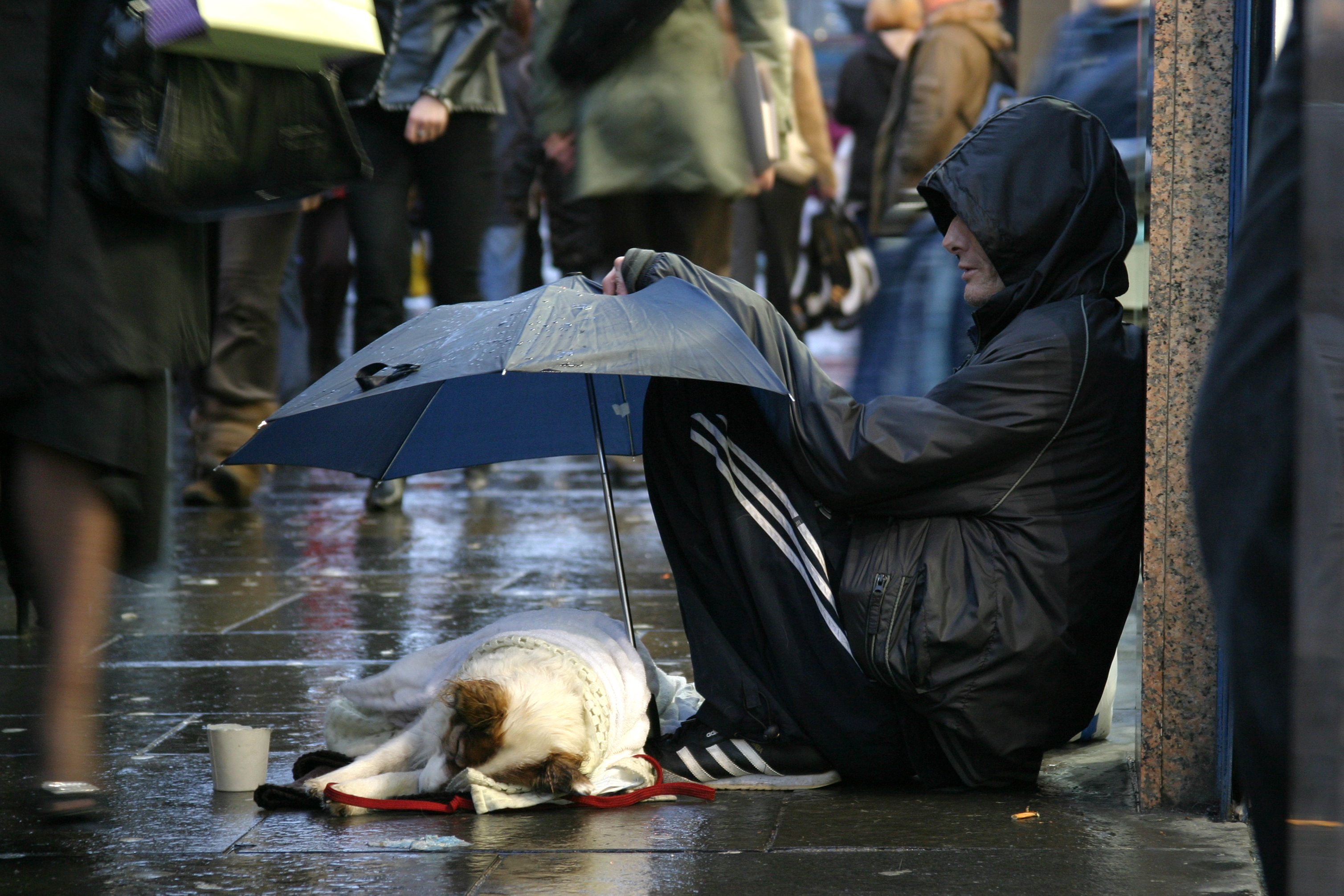THURSDAY, Dec. 10, 2015 (HealthDay News) — Injection drug users in rural and suburban areas have less access to needle exchange programs than those in cities do, even though addiction rates are rising in non-urban areas, a new study shows.
Providing injection drug users with new, sterile needles and syringes in exchange for used ones reduces their risk of contracting or spreading infections such as HIV and hepatitis C, the researchers explained.
Many needle exchange programs also provide naloxone, a medication that can reverse overdoses from heroin and narcotic painkillers.
The researchers found that 69 percent of needle exchange programs in the United States were in cities, with only 20 percent in rural areas and 9 percent in suburban areas.
The range of services provided by the programs in different locations also varied. For example, only 37 percent in rural areas offered naloxone, compared with 61 percent of those in cities.
The study was published in the Dec. 10 issue of the U.S. Centers for Disease Control and Prevention’s Morbidity and Mortality Weekly Report.
“Syringe service programs [SSPs] have been very effective in reducing HIV transmission in the U.S. and throughout the world,” said study author Don Des Jarlais, a professor of psychiatry and preventive medicine at the Icahn School of Medicine at Mount Sinai in New York City.
“Our data show that rural and suburban SSPs face some special challenges in recruiting clients, funding and staffing, but that these programs can provide the needed services when they are implemented. The biggest problem is simply that we do not have enough of them in rural and suburban areas. State and local governments can save lives by extending these programs,” Des Jarlais said in a hospital news release.
A recent study in the Journal of Urban Health found that half of all injection drug users live outside major urban areas.
CDC study co-author Ann Nugent said, “Over the last 20 years, syringe service programs have proven to be very potent weapons in the fight against HIV/AIDS.” Nugent is a senior research associate at the Baron Edmond de Rothschild Chemical Dependency Institute at Mount Sinai Beth Israel.
“The challenge today is to extend the lifesaving benefits of syringe exchange programs to all persons who need them — regardless of where they live,” she said.
More information
AIDS.gov has more on substance abuse and HIV/AIDS.
Copyright © 2026 HealthDay. All rights reserved.

